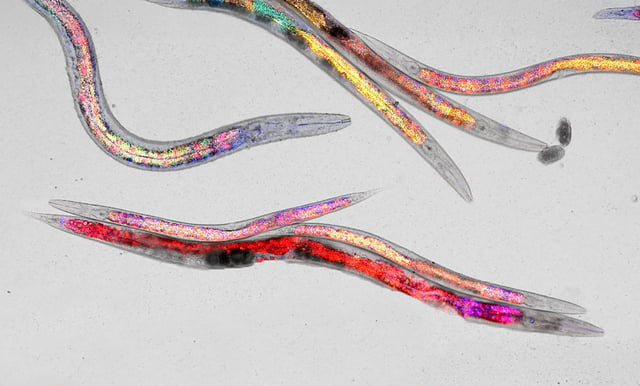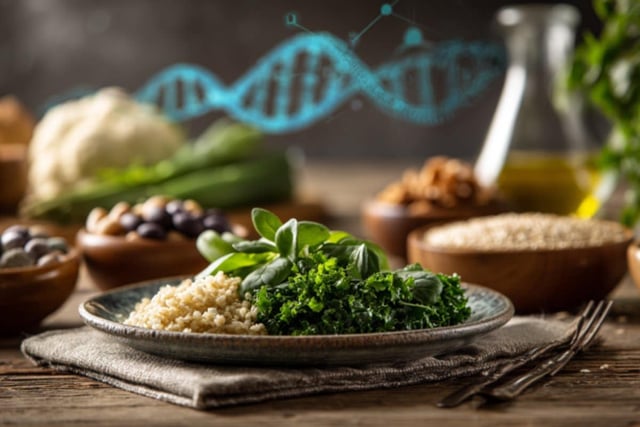Overview
- University of Basel researchers report that double‑stranded RNAs from bacterial food are absorbed in the gut of C. elegans and reduce protein aggregation.
- The protective effect requires components of RNA interference in the germline and depends on low levels of systemic selective autophagy.
- Inter‑organ signaling between the intestine, germline, and muscle maintains proteostasis beyond the digestive tract.
- Worms exposed to these dietary RNAs were more active and healthier in old age, indicating an extension of healthspan rather than lifespan alone.
- The peer‑reviewed findings were published in Nature Communications, and their applicability to mammals or humans remains to be tested.

